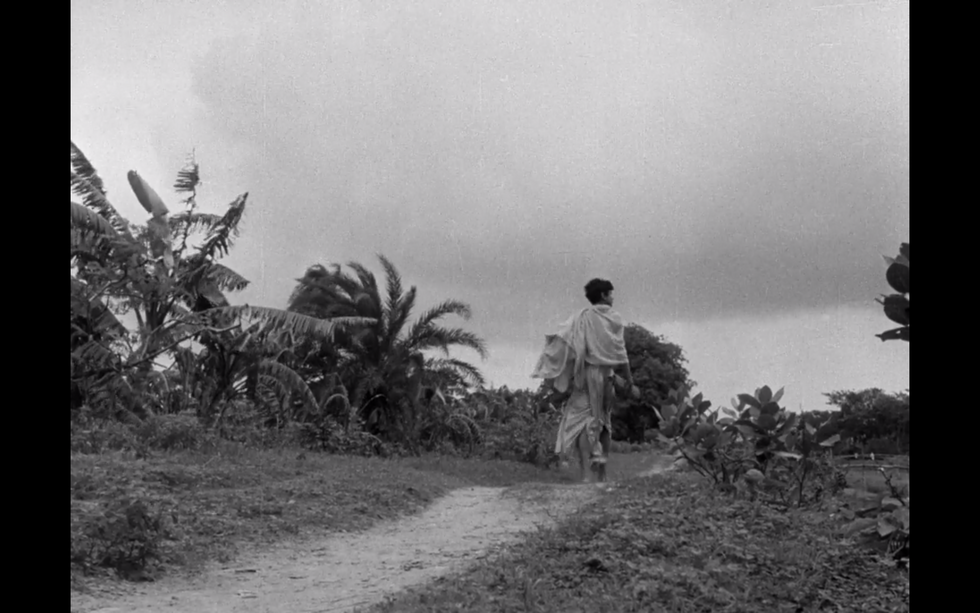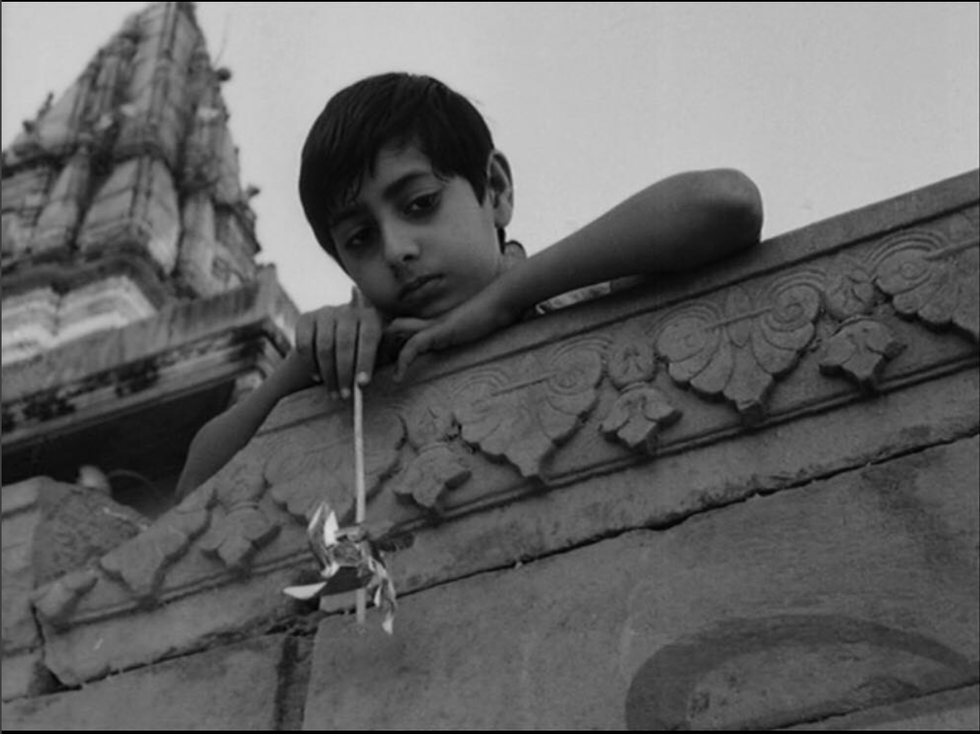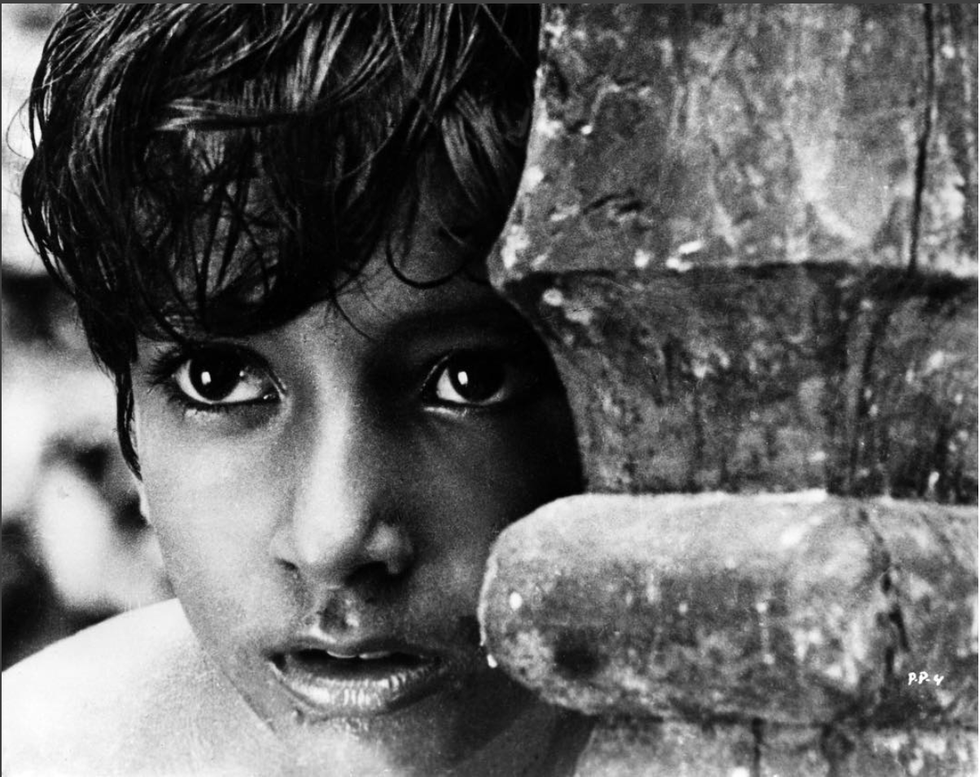I’ve been (surprise, surprise) back in the habit of watching movies regularly, and one question that has compelled me often recently is the concern of realism in movies. Whenever we walk into a movie, we are asked to suspend our disbelief. But what about those human movies, those ones that really don’t feel anything like movies, but like real human stories? There is documentary filmmaking, but that’s all about representing the real world. I’m talking about legitimate films that create a potent sense of authenticity.
Movies always have this power, if executed with such intent, but they usually don’t turn out this way. If we’re looking for realism in film, our search would take us to some of the best and most genuinely powerful works in cinematic history. This realism is brought to life in a beautiful fashion in Bengali director Satyajit Ray’s 1950s “Apu Trilogy”.
Circumstantially, it’s amazing that “The Apu Trilogy”, which consists of Pather Panchali (which translates to "Song of the Little Road"), Aparajito ("The Unvanquished"), and Apur Sansar ("World of Apu") is even nearly as good as it is. Satyajit Ray had never worked as a director, even though it was a dream of his, and he had just happened to stumble upon the novel Pather Panchali while working as a graphic designer. He made the movie on a shoestring budget by continually obtaining enough money to shoot important scenes that he could show to later producers for more funding. His cinematographer, Subrata Mitra, was actually a still photographer who had never operated with video before. The film is scored by Ravi Shankar, who today is a household name, but at that moment was just taking off career-wise. Today all three of these men are considered some of the greatest workers of their respective crafts.The Apu Trilogy follows a boy named Apu as he grows up in East India, and it’s a beautiful series of films because it really takes the time to meditate on and explore the world it’s set in. Too often, filmmakers take their setting for granted. Satyajit Ray really makes the effort to explore Apu’s village, the surrounding forest, and because of this, we feel the true sensibilities of the character of Apu, a child just as curious about this world as we are. The beautiful sequence in which Apu and his sister run through a field to get a glimpse of a train spurs an emotional reflection that’s hard to classify. It’s something like nostalgia.
Throughout the trilogy, Apu’s surroundings are just as much a character as he is. That’s what makes the movies so poetic and powerful. I feel transported to the moment, and even though I’ve never been to the particular region of India that the Apu trilogy explores, every shot drips with an authenticity. Even though the geography is unfamiliar, the humanity leaps out of the screen.
Seeing through Apu’s eyes, we return to a place that we have all been, figuratively speaking. When Apu raids his sister’s jewelry box as a little boy in Pather Panchali, we think of our mischief when we were little. When Apu watches a weightlifter exercising in Aparajito, we recall our curiosity at unfamiliar activities. When Apu contemplatively looks over a stunning vista as a grown man, we think of our experiences with nature. There’s this undeniable quality to the films, wherein one sees themselves in Apu, even if they come from vastly different walks of life.
Even though Apu’s overall life is very specific to his character, his range of individual experiences is so beautifully explored that it deepens my own nostalgic reflections. Satyajit Ray's great innovation is his focus on the simple things, the little things we take for granted, but which offer so much of our experience. With Apu finding fascination in the small parts of life, the viewers themselves learn to appreciate again.
That’s an optimal quality of this cinematic pursuit of realism, in my opinion. If a filmmaker is able to make these specific experiences so broadly relatable, then they have succeeded in making a universally human film. And if anything, Satyajit Ray’s “Apu Trilogy” is just that. Universally human.



















